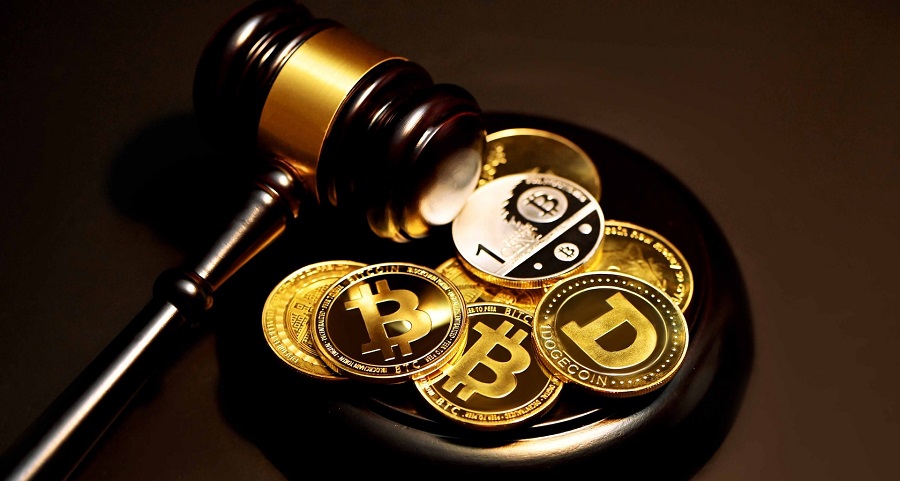On Tuesday, the International Organization of Securities Commissions (IOSCO) announced the introduction of the first global regulatory framework for cryptoassets and digital markets.
This move comes in response to concerns over consumer protection following the collapse of the FTX exchange last year, which highlighted the need for consistent regulations across jurisdictions.
The crypto industry has been advocating for a unified global approach to regulation, as different countries currently have their own rules and guidelines.
Typically, the industry only has to comply with anti-money laundering checks, but the recent liquidity crisis and bankruptcy proceedings of FTX prompted regulators worldwide to intervene.
They emphasized the necessity of implementing rules for crypto “conglomerates” like FTX, which combine various activities without sufficient safeguards for customer assets, leading to conflicts of interest.
According to Jean-Paul Servais, the chair of IOSCO, these new plans represent a significant turning point in addressing the risks associated with cryptoassets such as bitcoin and ether.
Servais stated that the crypto business has grown on a flawed basis and needs to be corrected.
The proposed standards encompass several key areas, including managing conflicts of interest, preventing market manipulation, facilitating cross-border regulatory cooperation, ensuring the secure custody of cryptoassets, mitigating operational risks, and protecting retail customers.
Matthew Long, the director of digital assets at the UK’s Financial Conduct Authority, highlighted the importance of this work in light of recent global events, emphasizing the goal of making the crypto market safer.
Haydn Jones, the global lead of blockchain and crypto solutions at Kroll, praised frameworks like those proposed by IOSCO for their ability to combat criminal activity and enable broader adoption of the underlying technology behind cryptocurrencies.
The 18 measures outlined in the framework apply well-established safeguards from traditional financial markets to address conflicts of interest in crypto transactions.
IOSCO aims to finalize these standards by the end of the year, encouraging its 130 members worldwide, which include regulatory bodies such as the U.S. Securities and Exchange Commission, Japan’s Financial Services Agency, Britain’s Financial Conduct Authority, and Germany’s BaFin, to incorporate them into their own rulebooks.
This unified approach seeks to eliminate fragmented regulation and prevent firms from exploiting regulatory differences across jurisdictions.
IOSCO is currently seeking public input on the proposed regulations. This development follows the European Union’s recent finalization of the world’s first comprehensive set of rules for cryptoassets, placing pressure on other countries, including the UK and the United States, to develop their own regulatory frameworks.
In the coming months, IOSCO plans to issue recommendations for regulating decentralized finance (DeFi).

